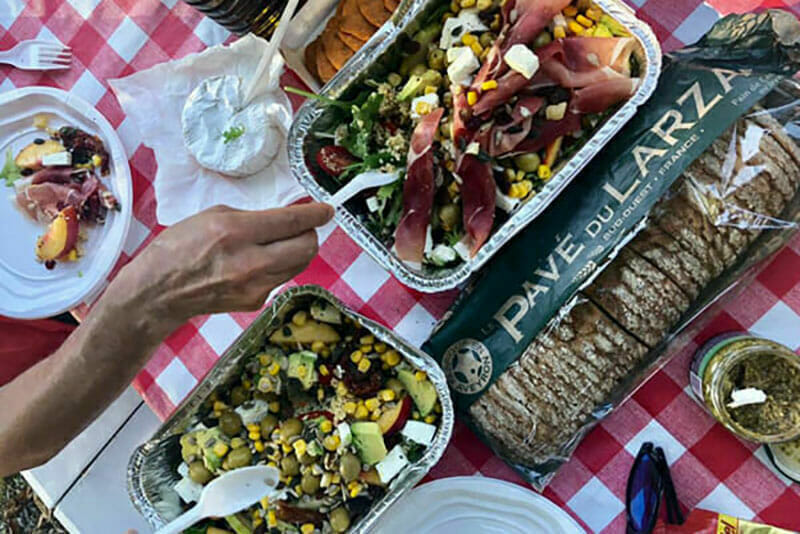
We are crowdfunding! Own a part of our business
Don't invest unless you're prepared to lose all the money you invest. This is a high-risk investment.
View Opportunity

All cyclists have felt it… A tiredness that stops legs from spinning, head dipping, dizzyness, confusions and a general unhappiness....
All cyclists have felt it… A tiredness that stops legs from spinning, head dipping, dizzyness, confusions and a general unhappiness. Such a sudden change from “wohooooooo I´m the Tour de France champion” to “I hate cycling!” How can this be?
We asked Gemma Sampson, Accredited Sports Dietitian & Performance Nutritionist (Dietitian Without Borders) for an expert opinion.
It’s like running out of fuel when you’re driving in a car. Your body stores carbohydrate as glycogen in the muscles or glucose in the bloodstream to use as fuel during exercise. When you bonk, your blood sugar levels are low and you’ve used up most of your muscle glycogen.
You’ll feel lethargic, lacking energy, sleepy, slightly confused with jelly legs, reduced power and a higher heart rate. It may be difficult to talk and you may feel quite emotional.
You need to get your blood sugar levels up quickly, so it’s important to eat something with carbohydrate that’s quick and easy to digest. For example an energy gel, dried fruit or some sweets. Follow this up with an energy bar or something more substantial to keep you going longer.
If your blood sugar levels get extremely low it can be dangerous to your health. But the biggest risk, particularly when riding on the road is the possibility of crashing or injury when feeling lightheadedness, dizzy or confused.
Getting some carbohydrate into your system quickly and getting your blood sugar levels up to normal will help improve your concentration to keep you safe on the road.
Prevention is always better than cure! Eating carbohydrates in the form of foods or drinks during your ride will help keep your blood sugar levels up and maintain your glycogen stores.
Exactly how much you need will depend on how long or how hard you are riding, as well as how trained you are.
For rides over 60 minutes aim for 30-60g of carbohydrates per hour. Make a note to start eating early and often, every 20 or 30 minutes rather then forgetting to eat or drink until it’s too late.
To learn more about nutrition with Gemma Sampson visit her website, dietitianwithoutborders.com







